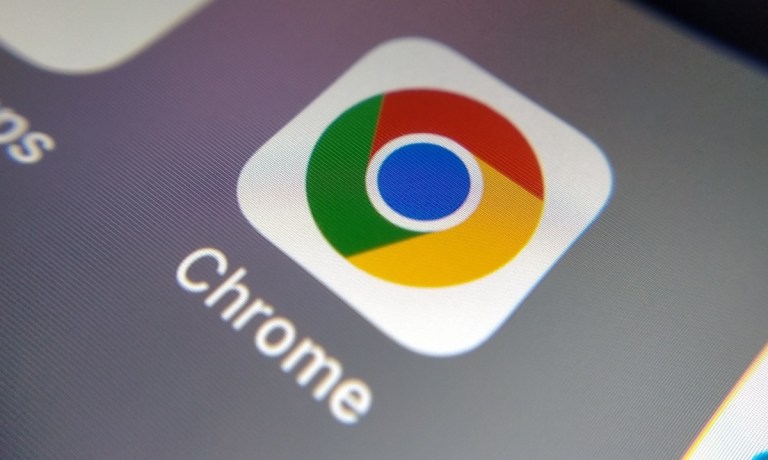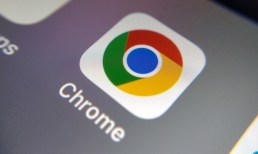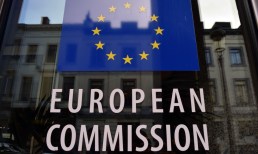Google’s Chrome Worth $50 Billion, DuckDuckGo CEO Tells Court

If Google were ordered to spin off Chrome, the browser could be sold for as much as $50 billion, DuckDuckGo CEO Gabriel Weinberg told a court Wednesday (April 23).
Weinberg, whose company is a search engine and browser rival of Google, said this while testifying during the Google antitrust trial, Bloomberg reported Wednesday.
In that trial, the court is considering remedies after determining that Google has a monopoly in the search market. One remedy proposed by the Department of Justice would require the company to sell Chrome.
In his “back-of-the-envelope” estimate of the value of Chrome, Weinberg said he focused on the browser’s user base, according to the report.
The estimate is higher than the $20 billion value estimated by Bloomberg Intelligence analyst Mandeep Singh in November, and a $50 billion price tag could reduce the number of offers for the browser, the report said.
OpenAI Head of Product and ChatGPT Nick Turley told the court Tuesday (April 22) that OpenAI and “many other parties” would try to buy Chrome if it were available.
ChatGPT can be downloaded as an extension for the Chrome browser, but it would be a better product if Chrome were more deeply integrated into OpenAI, Turley said.
In that case, OpenAI would “have the ability to introduce users into what an AI-first experience looks like,” he added.
Turley also told the court Tuesday that OpenAI approached Google about a partnership to power ChatGPT last summer but got turned down.
OpenAI was experiencing issues with its existing search provider and was years away from having ChatGPT be able to answer most queries using its own search technology, so the company asked Google about an API that would improve the AI chatbot’s ability to deliver accurate and up-to-date answers, Turley said.
Google declined the request in August, he added.
This three-week antitrust trial started Monday (April 21) and is being heard by U.S. District Judge Amit Mehta, the same judge who ruled in August that Google illegally maintained a monopoly in the search business with practices like paying Apple to make its search engine the default option on that company’s devices.



